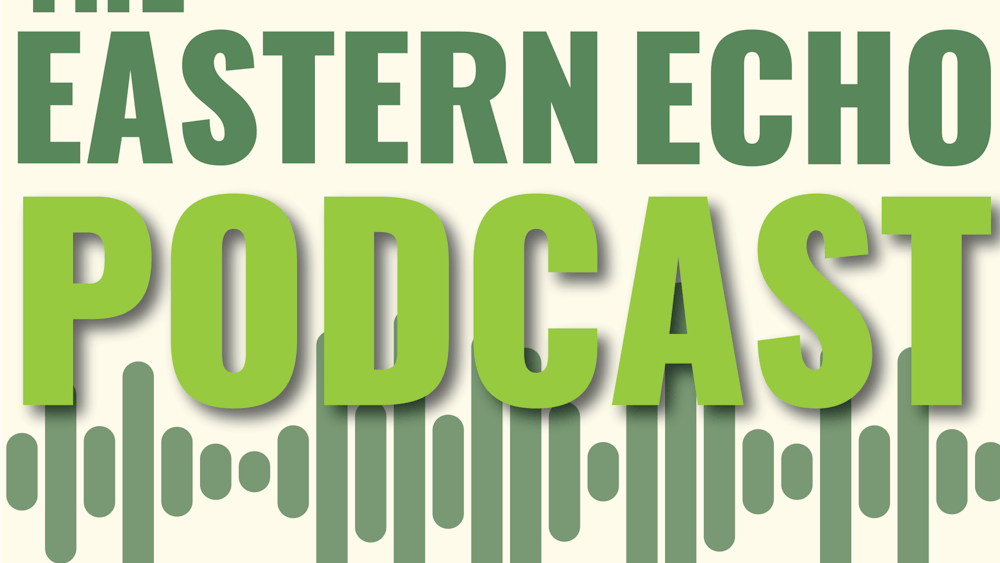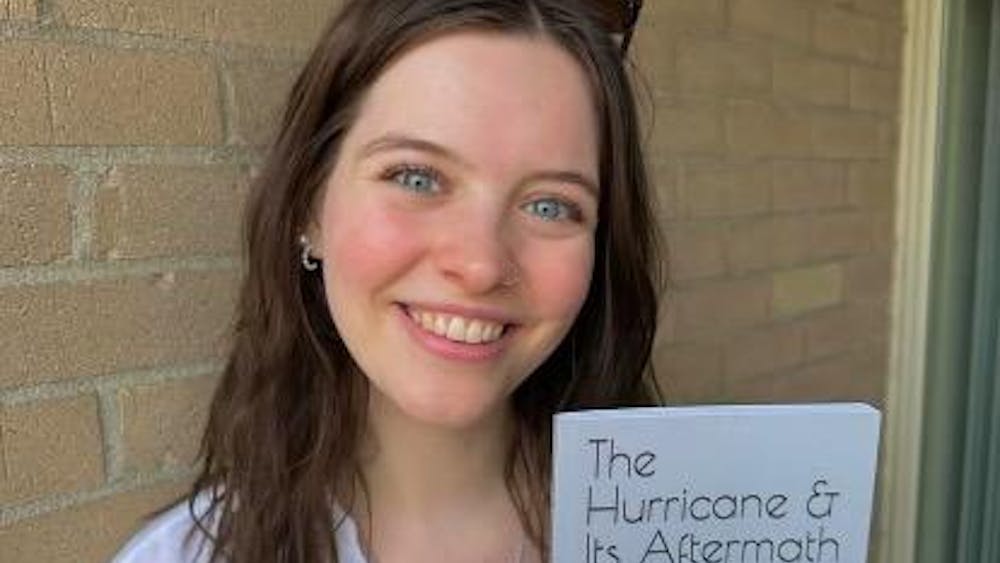Eastern Michigan University alumni Melvin Parson spent much of his weekends in farmer’s markets in Ann Arbor. While browsing the selections, he realized that there was no one that looked like him shopping and selling produce and food, so he started to grow his own food to sell at the farmer’s market.
Parson transformed a community garden into an even bigger project. In 2018, he started the non-profit organization, We The People Opportunity Farm. His vision was to create a farming system that would support formerly incarcerated men and women.
Formerly incarcerated people oftentimes face many barriers to successfully reentering society, according to Parson. Through facing an uphill battle in finding job opportunities and a number of social stigmas, their ability to get back on their feet is scant.
“We The People Opportunity Farm is a place where we value people such as myself who have been written off or discarded in ways,” Parson said. “We show that value by paying them a fair living wage, treating them with kindness and dignity, and working continuously to figure out ways to best help and support folks. It's a place of opportunity.”
Many of the people employed at We The People Opportunity Farm are from Washtenaw County. Parson works with many different programs that are involved in the re-entry process.
“They come from Washtenaw County and my relationship with the Washtenaw County Sheriff's Office," Parson said. “The Michigan Department of Corrections has a re-entry program, and many of them come from those places and our connections with those folks."
According to the Prison Policy Initiative, as many as 27% of formerly incarcerated Americans are out of work, and one of Parson’s goals for the formerly incarcerated people working on the farm is to coach them on career building and financial literacy.
We The People Opportunity Farm offers a nine-month paid internship program for men and women returning home from incarceration, according to their website. After completion, they look to guide their interns towards continued education and employment in the food, nutrition, and health services industries."
We The People Opportunity Farm’s mission statement is to “change the soil in the lives of those we come into contact with.”
“Instead of taking this unhealthy plant out of this bad soil its in and nursing it back to health, then what do you do with the plant once its back to health?” Parson said. “Do you stick it back in the unhealthy soil or focus on changing the soil and leave the plant where its at? And that's the motivation for our mission, changing the soil in the life of those we come into contact with."










